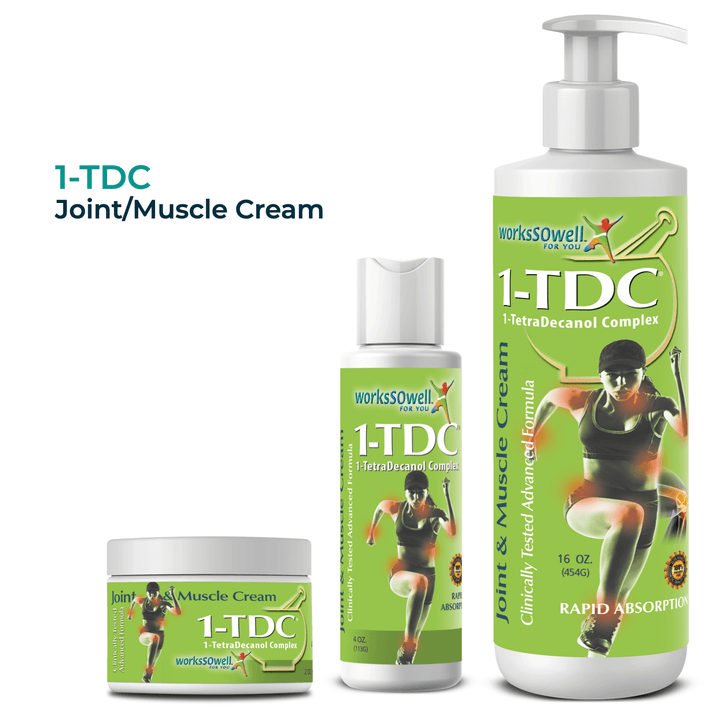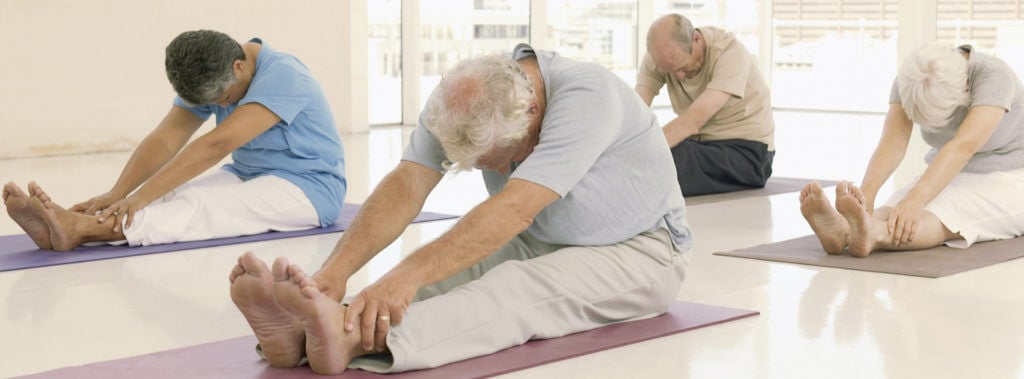Improving Flexibility in Your Golden Years! If you are entering or are well into your senior years, you may have noticed that you are not as flexible as you once were. While this is a natural part of the aging process, there are steps you can take to keep your muscles more supple and improve your flexibility and range of motion. Read on to discover why flexibility is important, how it can benefit you, and what tips you can follow to improve flexibility during your golden years.
Why Is Flexibility Important?
Feeling stiff and sore when you get up out of a sitting position might be common, but it’s not normal. Improving your flexibility can help you improve your quality of life in many ways, including:
- Activities of daily living. Do you ever struggle to wash your hair, put on your socks, make your bed, put away groceries, or perform other activities that need to be done on a regular basis? Some seniors eventually need in-home care or relocation to an assisted living community when the activities of daily living become too cumbersome. But with greater flexibility, this might not be necessary.
- Pain relief. Sore joints and muscles can become even more uncomfortable if your body is not flexible. Flexibility exercises and supplements can relieve the discomfort and pain that goes along with feeling stiff.
- Enjoyment of activities. What types of activities did you enjoy when you were younger? If you liked swimming, long walks, gardening, and other hobbies that require physical activity, increasing your flexibility can help you get back to those pastimes.
- More exercise. You probably already know the many benefits of getting enough exercise, which include better cardiovascular health, less stress, better sleep, more strength, greater energy, and weight maintenance. Increasing your flexibility and range of motion will allow you to be more physically active. It will also allow you to be more energetic for playing with your grandchildren and pets!
- Injury prevention. Greater flexibility leads to a better sense of balance, which can reduce your chances of falling or otherwise injuring yourself. Falls are a major concern for seniors, and they often lead to broken bones and disability.
How Can I Increase My Flexibility?
Whether you are noticing a decline in your flexibility or you are just hoping to avoid having problems, there are steps you can take to increase your flexibility and reap the benefits.
Stretching and Exercise
One way to increase your flexibility is to stretch. Stretching most days of the week will help you maintain the flexibility you have and can also increase your range of motion, loosen up stiff muscles, and help you gain strength. Don’t just begin stretching without putting some thought and preparation into it, however.
- First, check with your doctor. This is particularly important if you have had any injuries, major health problems, or surgeries recently or in the past. Your doctor might advise that you work with a physical therapist to start so you target the right muscles and don’t get hurt.
- Next, only stretch when your muscles are warm. This means that you shouldn’t start stretching after spending a lot of time sitting. Some walking or light cardio exercise will warm up your muscles. Even 5 or 10 minutes is enough to increase the circulation to your muscles and can help you avoid a muscle pull or strain. You can also try stretching after your shower each day; the hot water will loosen up muscles, too.
A yoga or tai chi class can help you learn how to stretch and improve your flexibility at your own pace. You can start at any fitness level, and the instructor will show you how to modify the motions to work for your current level of flexibility.
- Finally, go slowly and be patient. Don’t stretch to the point of pain; just stretch until you feel a light pressure in the muscle. Remember that it will take time for you to see and feel results. Overexerting yourself will lead to more stiffness and soreness, and it might even cause injury, so don’t stretch too much or too far.
Dietary Supplements
There are some vitamins and minerals that you should be sure to have in your diet or take in supplement form for better flexibility. Remember to check with your doctor before adding supplements to your regimen; some might interfere with medications you are taking or health conditions that you have.
Calcium is important because it keeps your bones healthy. Bone health is integral to muscle health, so it makes sense to support your skeletal system! Good sources of calcium include dairy products, sardines, and some leafy greens.
Methylsulfonylmethane, abbreviated as MSM, is a substance derived from naturally occurring sulfur. It helps build connective tissues such as muscles, ligaments, and tendons.
1TDC™ capsules contain a cellular lubricant that is the next generation of unique fatty acids, which are essential for joint and muscle health. This is a supplement that you can take to potentially improve overall health and flexibility. In addition, a topical cream is available that can bring relief to sore joints and muscles.
Talk to your doctor about ways to improve your flexibility during your senior years. Doing so can improve the quality of your life as you enjoy the hobbies you love and improve your overall physical activity levels.
1-TDC® Joint and Muscle Cream

$17.00
1TDC® Cream is the Gold Standard for Joint and Muscle Topical Soothing Relief. Rapidly and highly absorbed, paraben-free, and clinically tested. 1TDC® Cream…the Gold Standard for Joint and Muscle Topical Soothing Relief Rapidly and highly absorbed, reaching deep into… read more










